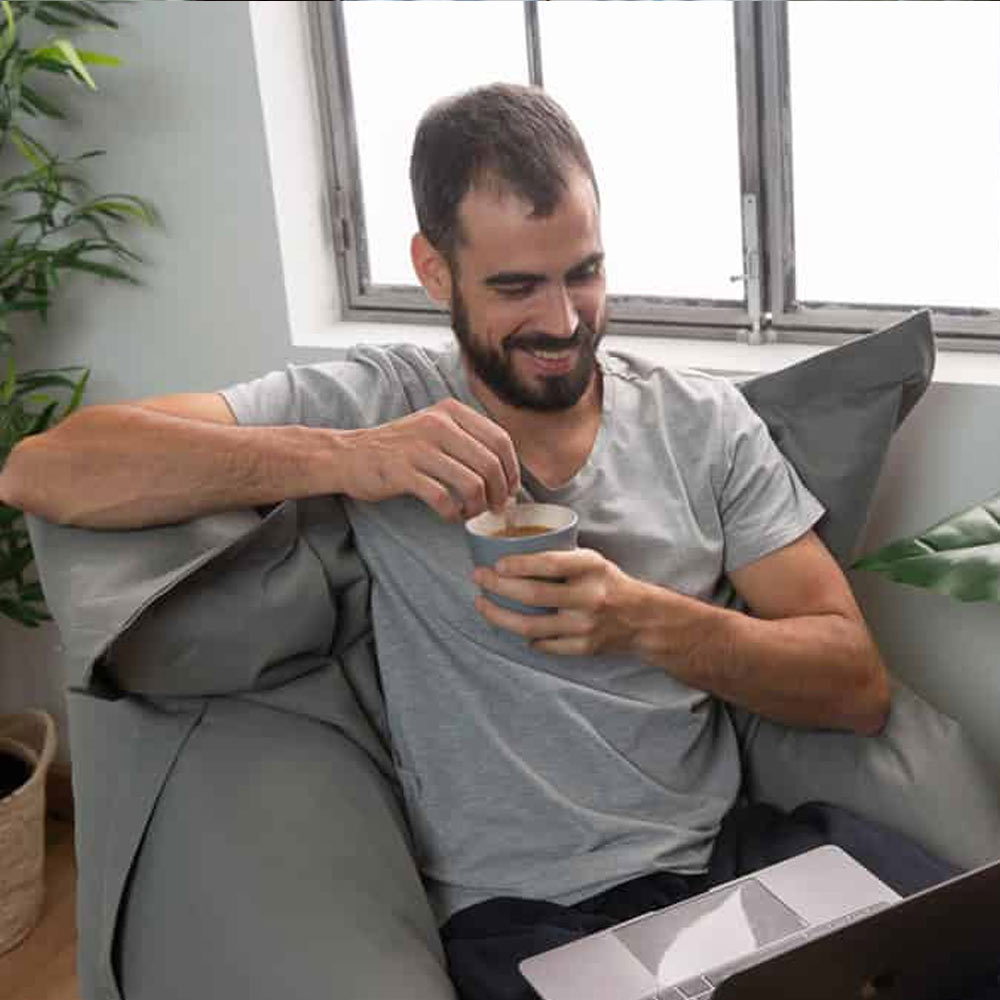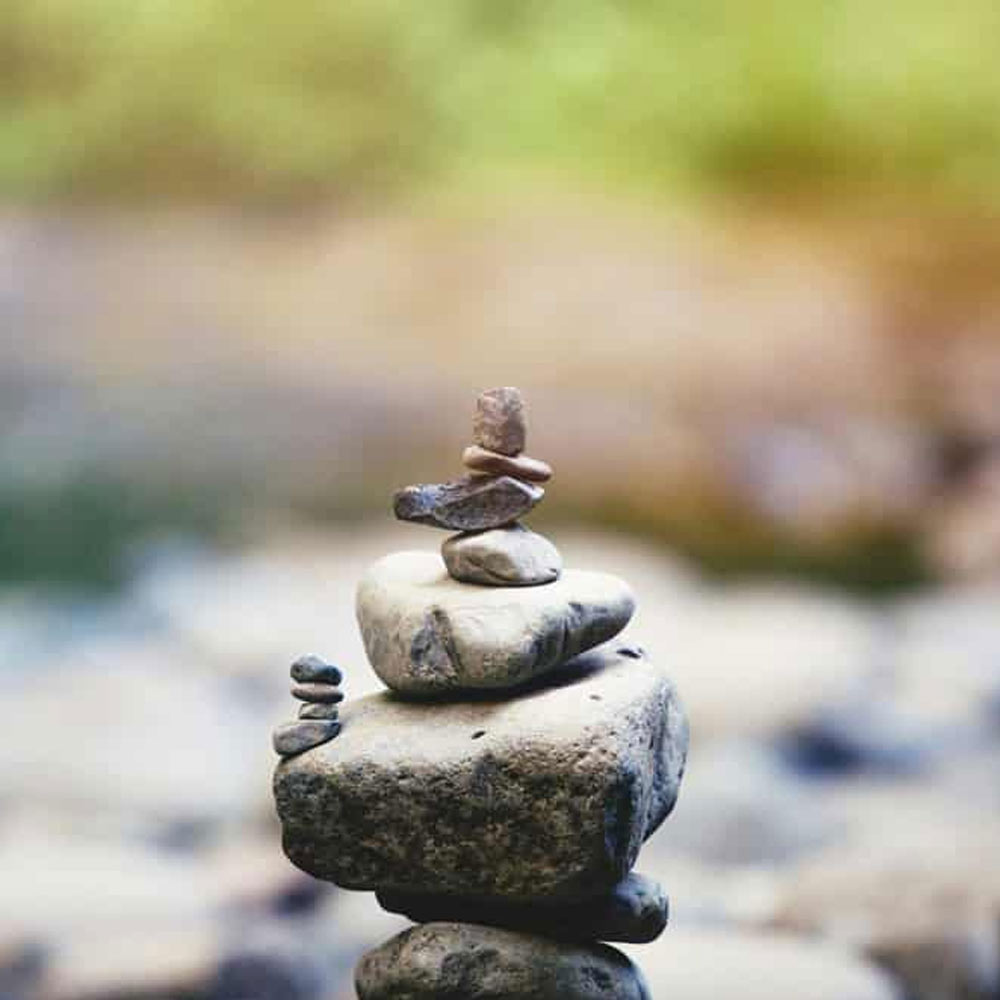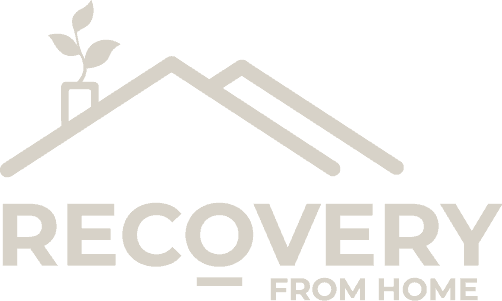IMost of us know stress and anxiety all too well. Maybe it’s the relentless deadlines. Maybe it’s financial instability, family pressure, or the quiet voice in your head whispering that you’re not enough. For some, it’s just the weight of surviving day-to-day.
But what’s becoming painfully clear—especially for those of us who’ve been through it or watched someone we love unravel—is that stress and anxiety can become more than just mental burdens. They can be the gateway to something much darker: substance abuse.
When Stress and Anxiety Stop Being Temporary
Here’s the thing: stress is a natural reaction. Your body gets triggered by a challenge—your job, a breakup, trauma—and you feel it: tight chest, racing thoughts, tension. That’s stress.
Now add anxiety to the mix: it’s your brain holding onto that stress and replaying it like a broken record. You’re not just reacting anymore—you’re overthinking, overfeeling, and overwhelmed, even when the original stressor is gone.
At first, you might just want to numb it. Maybe it’s a drink after work. Maybe it’s weed, painkillers, something “harmless” to take the edge off. But slowly, that one-time escape becomes your go-to survival mechanism. And before long, it’s not you calling the shots—it’s the substance.
The Real Link: Why Mental Strain Leads to Substance Use
Science backs this up. Chronic stress floods your system with cortisol, messes with your mood, sleep, digestion, and more. Anxiety keeps your nervous system in overdrive. You don’t feel safe in your own skin.
Substances offer fast relief. Alcohol slows your brain down. Opioids dull the ache. Stimulants provide energy when you’re emotionally exhausted. But they come at a high cost—physically, mentally, and spiritually.
Introduction: The Connection We Can’t Ignore
In today’s high-stress world, it’s no surprise that more people are turning to substances just to keep functioning. The deeper truth? Behind many cases of substance abuse lies a complex web of unprocessed stress, chronic anxiety, and a desperate search for relief.
This article explores the intimate relationship between stress, anxiety, and substance use—and how you can recognize, prevent, and overcome the cycle.
How Stress and Anxiety Trigger Substance Use
Stress is your body’s natural response to pressure. Anxiety is the lingering emotional toll it takes. When left unmanaged, both create a dangerous loop:
-
Stress causes physical tension, sleep issues, and overwhelm.
-
Anxiety builds fear, racing thoughts, and panic.
-
Substances like alcohol or drugs offer a quick escape.
-
But reliance builds… and addiction begins.
Whether it’s a glass of wine after work or something stronger, the slippery slope starts when you feel like you can’t cope without it.
A Real-World Glimpse: How This Plays Out in Real Life
“I didn’t realize I was self-medicating. It started with a drink to relax at night. Then I couldn’t fall asleep without it. Eventually, I needed something stronger just to feel okay.”
Sound familiar? That’s how many people describe the beginning of their substance dependency. It often starts small—and silently grows.
Why This Happens: The Brain-Body Breakdown
-
Stress floods your body with cortisol, disturbing your sleep, mood, and digestion.
-
Anxiety keeps your brain hyper-alert, always bracing for a threat.
-
Substances mimic relief—but they hijack your brain’s natural coping chemistry.
Healthy Coping Tools That Actually Work
If you or someone you care about is caught in this spiral, there is a way out. Try these evidence-based methods:
1. Nervous System Regulation
-
Deep breathing
-
Cold exposure
-
Meditation or yoga
-
Walking in nature
2. Professional Mental Health Support
-
Trauma-informed therapy
-
EMDR for deep anxiety release
-
Medication if necessary (under supervision)
3. Community-Based Healing
-
Group therapy or support circles
-
Peer mentoring
-
Online recovery platforms
Breaking the Cycle Before It Breaks You
Addiction is often a symptom of deeper pain. Instead of punishing the surface behavior, we need to ask: What’s the stressor? What’s the fear?
When those questions are answered, healing becomes possible.
Call to Action: You Don’t Have to Do This Alone
If you’re ready to reclaim control of your mind and body, we’re here for you.
Book a Free Online Recovery Consultation Now
Let’s talk—confidential, compassionate, and judgment-free.
Are You Struggling with addiction?
Recognising that you need help is the first step towards recovery. Professional treatment tailored to individual needs can help break the cycle of addiction, restore balance, and rebuild a healthy relationship with oneself and others.










Leave A Comment